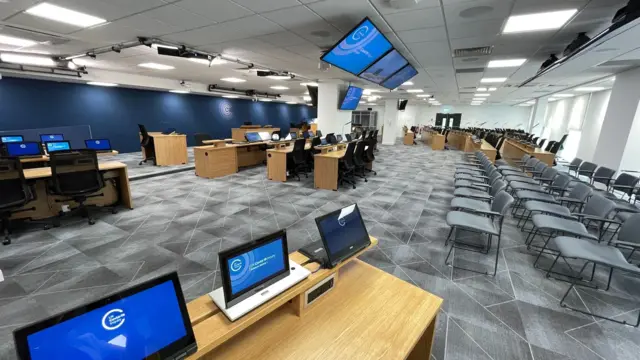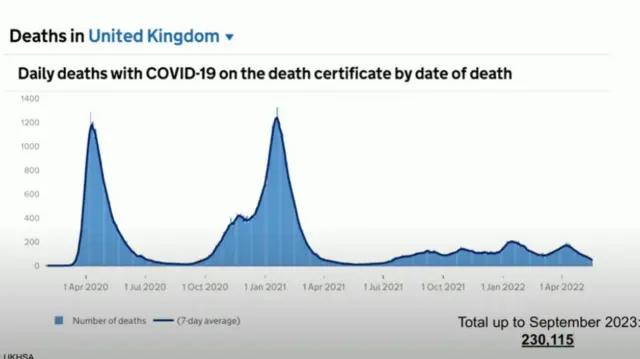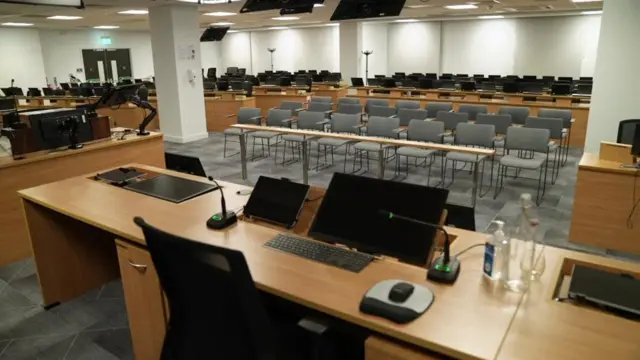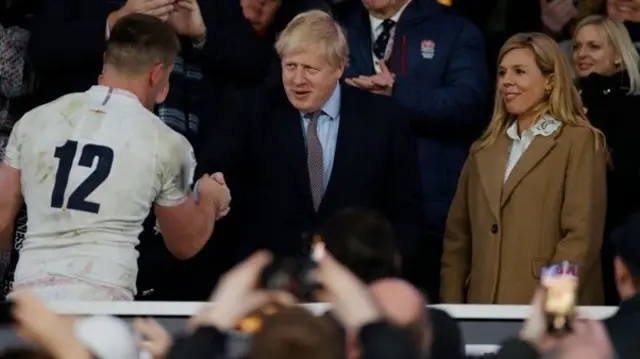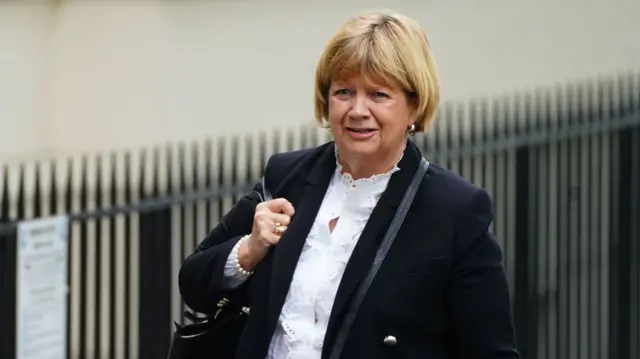Key takeaways as second round of Covid inquiry beginspublished at 12:06 BST 3 October 2023
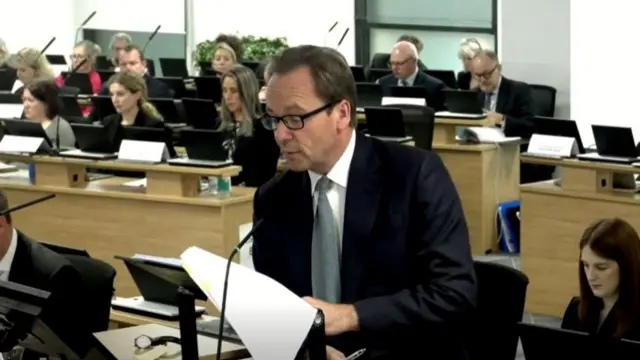
Let's have a quick recap of what has happened so far this morning:
- The second round of public hearings for the Covid inquiry started with a powerful impact film hearing from bereaved families
- Baroness Hallett said this stage of the inquiry will hear evidence about key decision-making in Westminster between early January and February 2022
- She said there is a pressing need for the inquiry to make decisions "before the next pandemic"
- Hugo Keith KC updated us on pandemic figures, outlining that those over 70 had a 10,000-times greater risk of dying than those under 15 during the pandemic
- Around 1.9 million people are suffering from long Covid, Keith, lead counsel for the inquiry, said
- He questioned whether the government acted with sufficient speed in the early months of 2020 when the virus emerged
As a reminder, we're pausing our text updates now but you can watch the rest of today's hearing by clicking Play at the top of this page.
